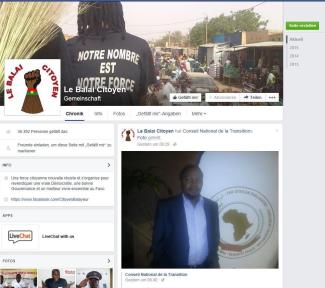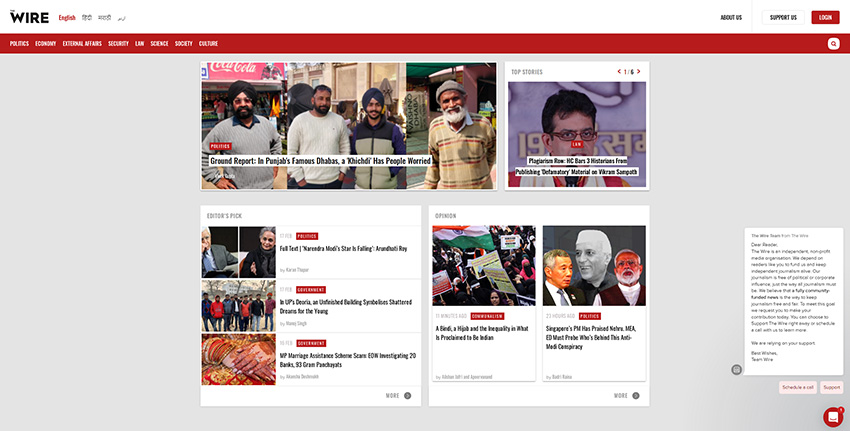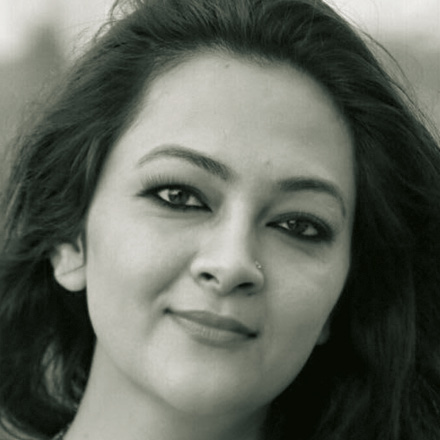New media technologies
Downsides of cyber politics

The Arab spring of 2011 seemed to be the first uprising relying on new ICT. As an Egyptian activist put it, “We use Facebook to schedule our protests, Twitter to coordinate and YouTube to tell the world.”
However, communication specialists like journalist Malcolm Gladwell warn against a “techno-euphoria”. New ICT, and social media in particular, are often hailed as an effective way of putting the people in charge. In some respects, this is true: citizens can comment on political proceedings, get information about corruption and exercise rights as citizens. But how effective is all this really?
A recent collection of essays that was published by the Heinrich Böll Foundation (HBF), which is close to Germany’s green party, puts things into context. “Technology is there to facilitate and support processes. It cannot solve any problem on its own,” writes Adi Eyal of Code for South Africa, a non-profit organisation.
Statistics show that 26 % of the African population used the Internet by the end of 2014. It is estimated that 50 % will be online by 2025. Mobile telephony is accessible almost everywhere.
Quick and effortless communication has an impact on civic engagement and democratic participation. Politicians understand the importance of ICT and social media. In 2011, Goodluck Jonathan, then Nigerian president, announced he would run again on Facebook. The snag is that not everybody has access to social media.
Jochen Luckscheiter and Keren Ben-Zeev, the editors of the authors of the HBF publication, admit that ICT can be useful, but that “it is a challenge” to ensure that it does not reinforce “the digital divide (and the associated power differential) between, for example, urban and rural folks or between the genders.”
Digital technologies have certainly contributed to a dramatic shift that has “empowered individuals and non-state actors on an unprecedented scale,” according to communication expert Sarah Chiumbu. She sees “greater opportunities for political participation and engagement” than traditional mass media provide. Civil-society activists benefit greatly from easy ways to connect and share information. ITC can help urban middle class to sidestep political control in contexts of repression, Chiumbu maintains, but adds that poor and rural communities without broadband access become even more excluded from politics. Accordingly, Chiumbu states that increased ICT use in sub-Saharan Africa “cannot automatically be interpreted as a sign of deepening democracy and accountability”.
For activists, there are risks too. Only few people are aware of cyber-security issues. When registering a SIM-card, every user has to provide his personal data, which can then be misused. A similar point is made by Jennifer Radloff from the Association for Progressive Communications’ Women’s Rights Programme (APC WRP). She writes that activists can benefit from better and cheap communication, but also warns against a rise of sexual abuse online: “If the real world is sexist, it is very likely that most of the technology that develops will have the virus of sexism in its core as well. Online and tech-related violence is part of the continuum of gender-based violence. There is no separation between online and offline violence.”
Achille Mbembe, professor in history and politics at the University of the Witwatersrand in Johannesburg says the internet is “afropolitan”. He predicts that Africa will leapfrog the kind of technological evolution other continents have undergone, “because the philosophy of those new digital technologies is more or less exactly the same as ancient African philosophies. This archive of permanent transformation, mutation, conversion and circulation is an essential dimension of what we can call African culture.”
Sheila Mysorekar
Link:
#Game Changer: How is new media changing political participation in Africa:
https://ke.boell.org/sites/default/files/uploads/2015/07/perspectives_july_2015.pdf













